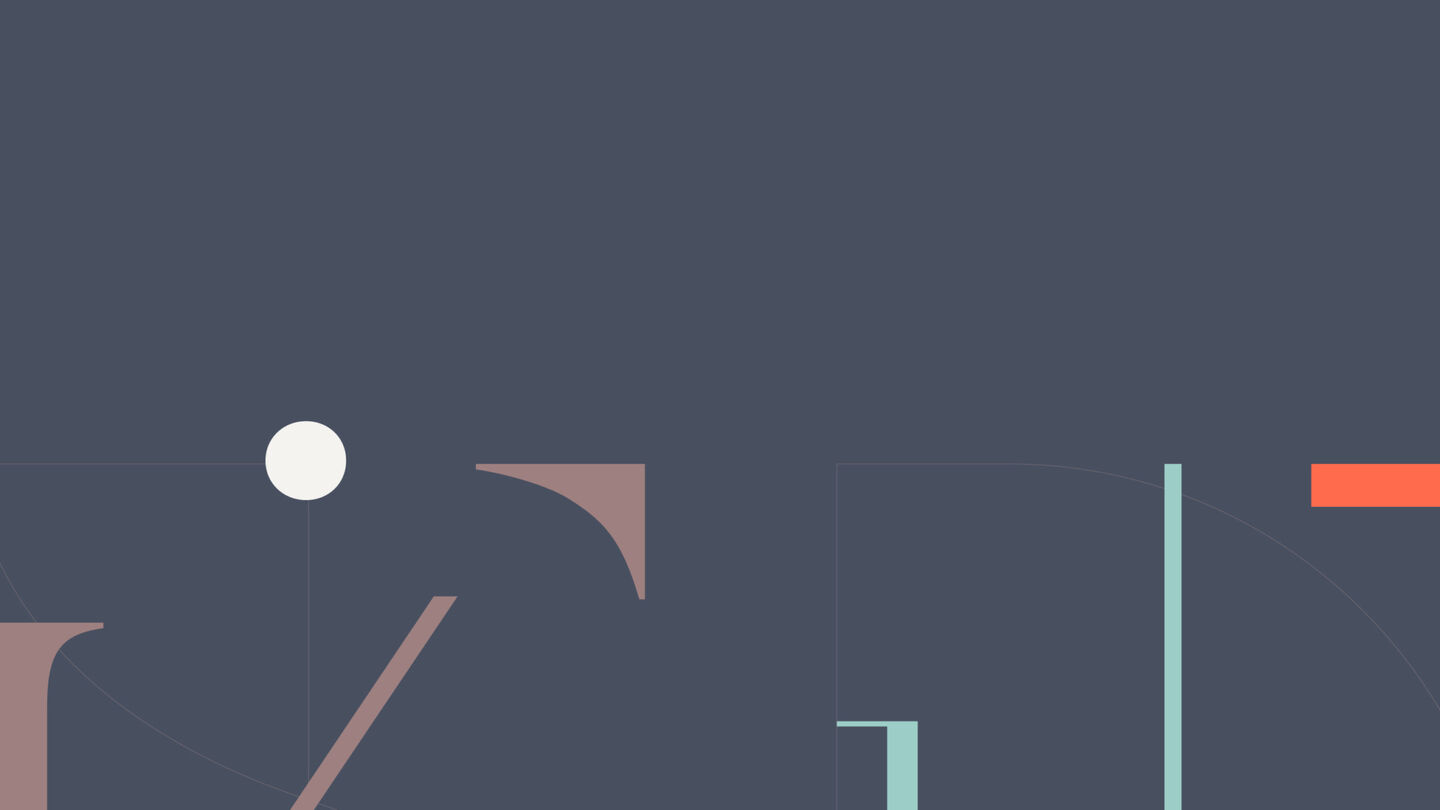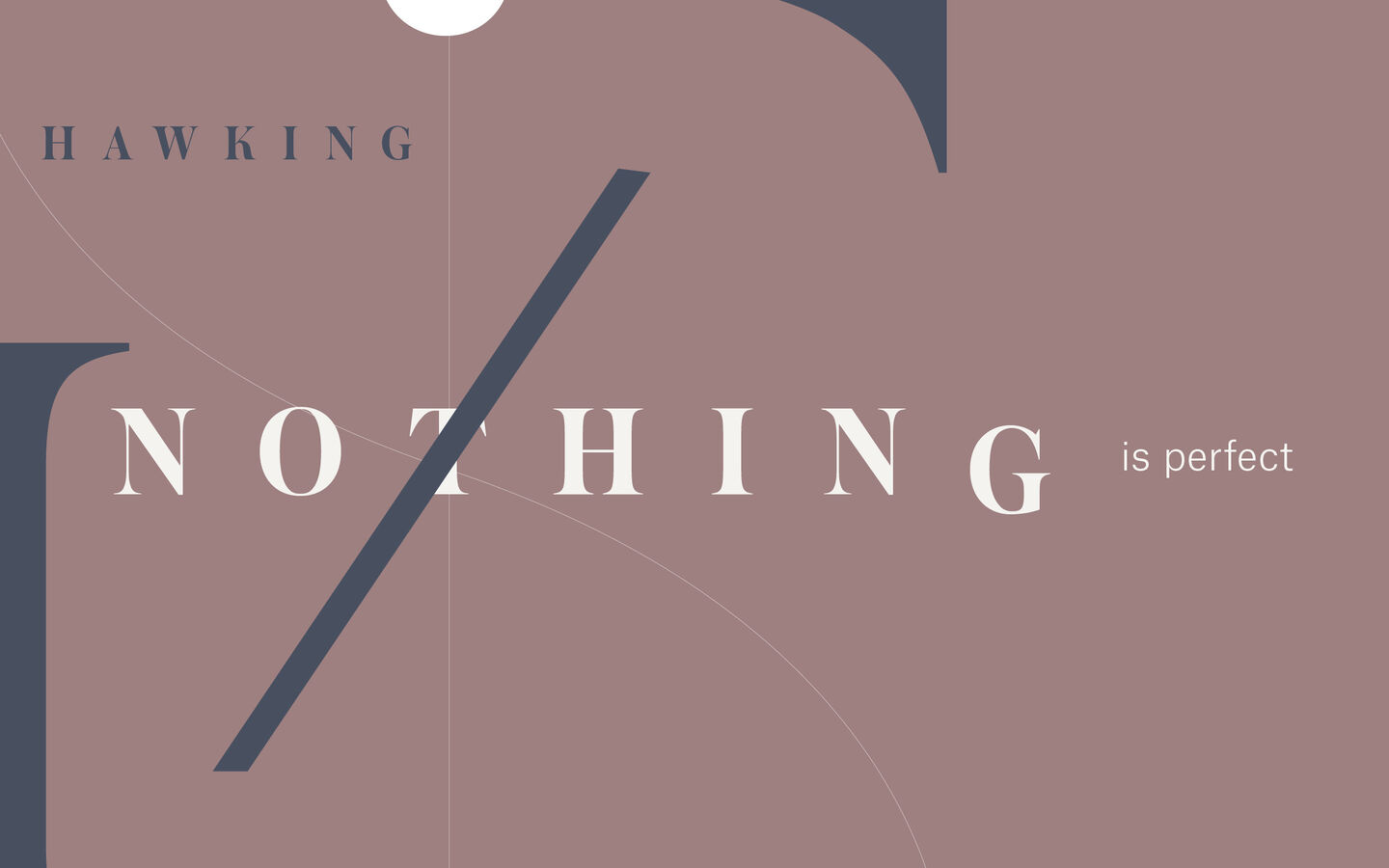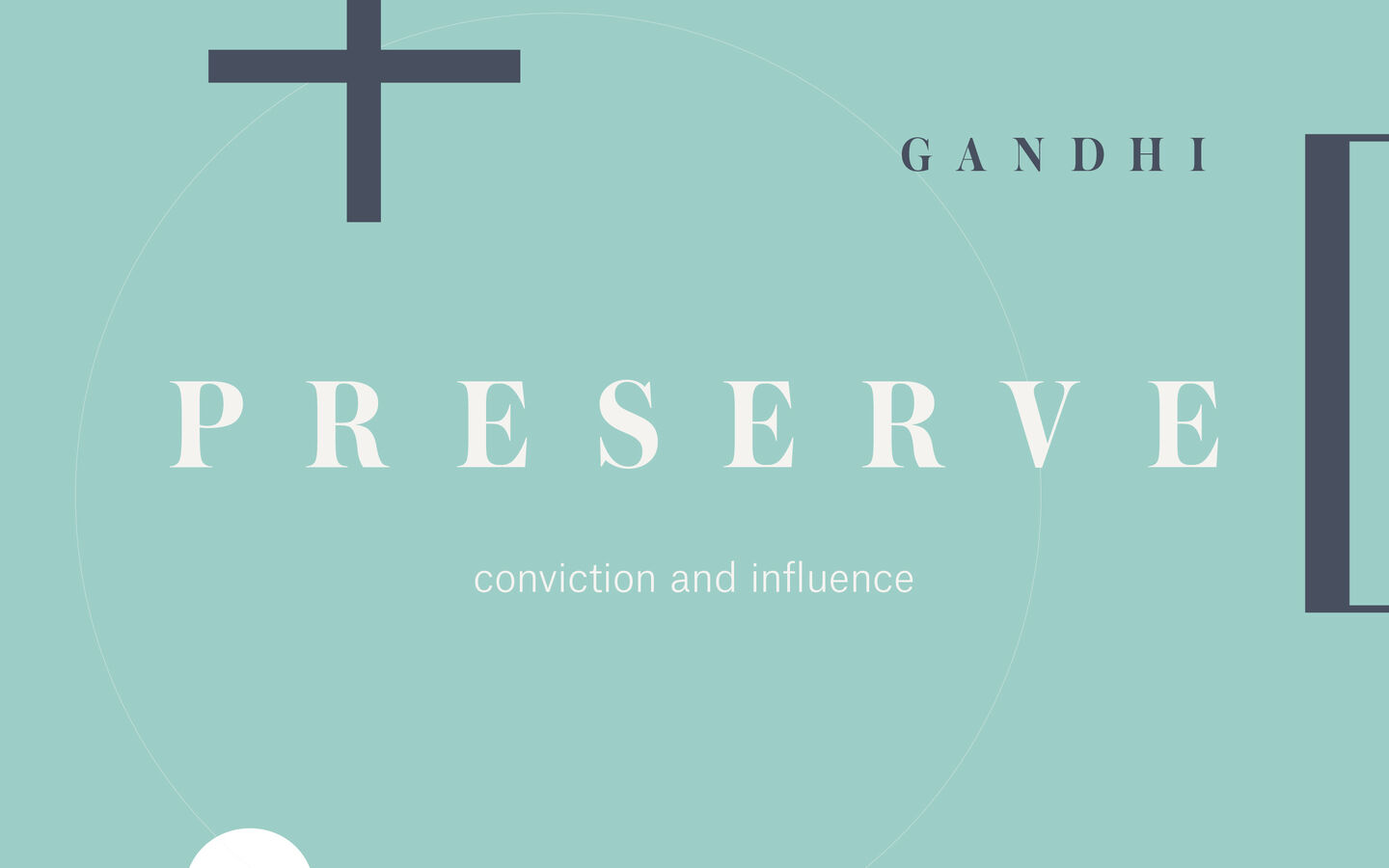Ideas
Adaptability in the wake of covid

Ideas

These days we’re all facing daunting business problems, pondering our next market moves, and, sometimes, just trying to hold it all together. So how can we ensure we’re ready for what’s next, when we can’t know for sure what next may be?
We do know one thing for certain because we’ve seen it proven over and over again since the dawn of time. It’s something that Mahatma Gandhi, Stephen Hawking and Charles Darwin all understood.
Human beings are wired to adapt. In fact, we’re already doing it, finding new ways to work. From Tito’s Handmade Vodka shifting production to churn out handmade hand sanitizer to commercial real estate firms like Cushman and Wakefield launching the “Six Feet Office” concept complete with six standards for working safely from a distance. So, as we’re already honing our adaptability skills, how can we keep that momentum ablaze?
While the benefits of adaptability will be more important now than perhaps any time in our lives, embracing the new standard will likely be a great challenge for many companies. But we’ll have no choice. We must remain nimble and open minded to the deep-seated change surely ahead of us.
For inspiration, we can borrow from great thinkers and from a few brands that have done this exceptionally well over the years.

When facing a new challenge, get to the root of it quickly
“One of the basic rules of the universe is that nothing is perfect.” Near master of the universe, Stephen Hawking, believed that perfection is infinitely impossible. Post COVID-19, our businesses will face near infinite challenges. As we face trials more frequently, it will be vital we get to the root of the issue much quicker.
Because we know the best way to fix a broken system is to consider all the moving parts, “Toyota’s Five Whys” is an ingenuous tool for solving those big problems. The Five Whys is an interrogative exercise developed by Sakichi Toyoda in the 1930s for their manufacturing line. This scientific approach of repeating ‘why’ five times brings the true nature of the problem to the forefront. To this day, Toyota still employs this adaption technique.
To begin, start with the apparent problem. Inquire why it may have occurred. And then continue asking “why” five times over until the root cause reveals itself. The beauty of the exercise is that once the root cause is revealed, the solution becomes just as apparent as the initial problem once was.

When facing hardships, design solutions with empathy
Charles Darwin, perhaps the foremost authority on human adapting, believed, “struggle is the father of all things.” Whether we’re deciphering economic implications for our business, losing shareholders, furloughing employees, or trying to catch up to a demand spikes, we’re all struggling with something right now.
To make it to the other side of this battle, it’s important we design solutions that deliver on consumers’ shifting needs. To this end, a human-centered approach like Design Thinking will ensure we construct ideas that are as empathetic as they are functional. Design Thinking is a strategic process for better understanding the consumer, questioning conventions, and redefining the problem to identify the best solution.
Although employment was at a low a few years back, the banking world noticed a financial problem that needed a design-thinking process solve. Nearly 70 percent of people had less than $1,000 in their savings account. But a legacy brand, Bank of America, launched a progressive solution called Keep The Change®.
The optional enrollment program gives consumers an intuitive way to save without even thinking about it. By rounding up everyday purchases to the nearest dollar and transferring the change directly into savings, customers saw their accounts grow without missing the extra pennies in their pockets. A win-win for the bank and its customers in the collective battle for savings.

In the growing silence, speak with conviction and purpose
"Fear has its use, but cowardice has none.” Mahatma Gandhi was a fearless advocate of raising one’s voice for what’s right. Lately there’s been a lot more questions than answers, and this lack of clarity often results in inaction rather than adaption. Advertising placements that don’t reflect the right tone for right now have been pulled left and right. We’re hesitant to speak up or spend a spare dime because of the impending economic impact of COVID-19.
But as Gandhi knew best, in a crisis, it’s important we preserve conviction and influence. In midst of the last recession, Domino’s introduced a rather risky brand strategy with the ad campaign: “The Pizza Turnaround.” To consumer’s surprise and delight, on national television, Domino’s admitted their crust tasted like cardboard. The spot read, “you can either use negative comments to bring you down, or you can use them to energize you.”
Energized they were. The idea of calling themselves out in a campaign is a concept that would shake up any executive—especially in an economic crisis when the tendency is to default to cautiousness. But when consumers are seeking new solutions, a powerful idea right now can make all the difference for a business’ long-term strategy.
We’re all wading uncharted waters here. So, although there’s a lot uncertainty looming, the good news is we’re in this thing together. And we’ll get through the next phase together, too.
And when we do, we can also feel prepared for whatever comes at us next. Because as Darwin noted, “It is not the strongest of the species that survives, nor the most intelligent that survives. It is the one that is most adaptable to change.”
Kelsey Becker